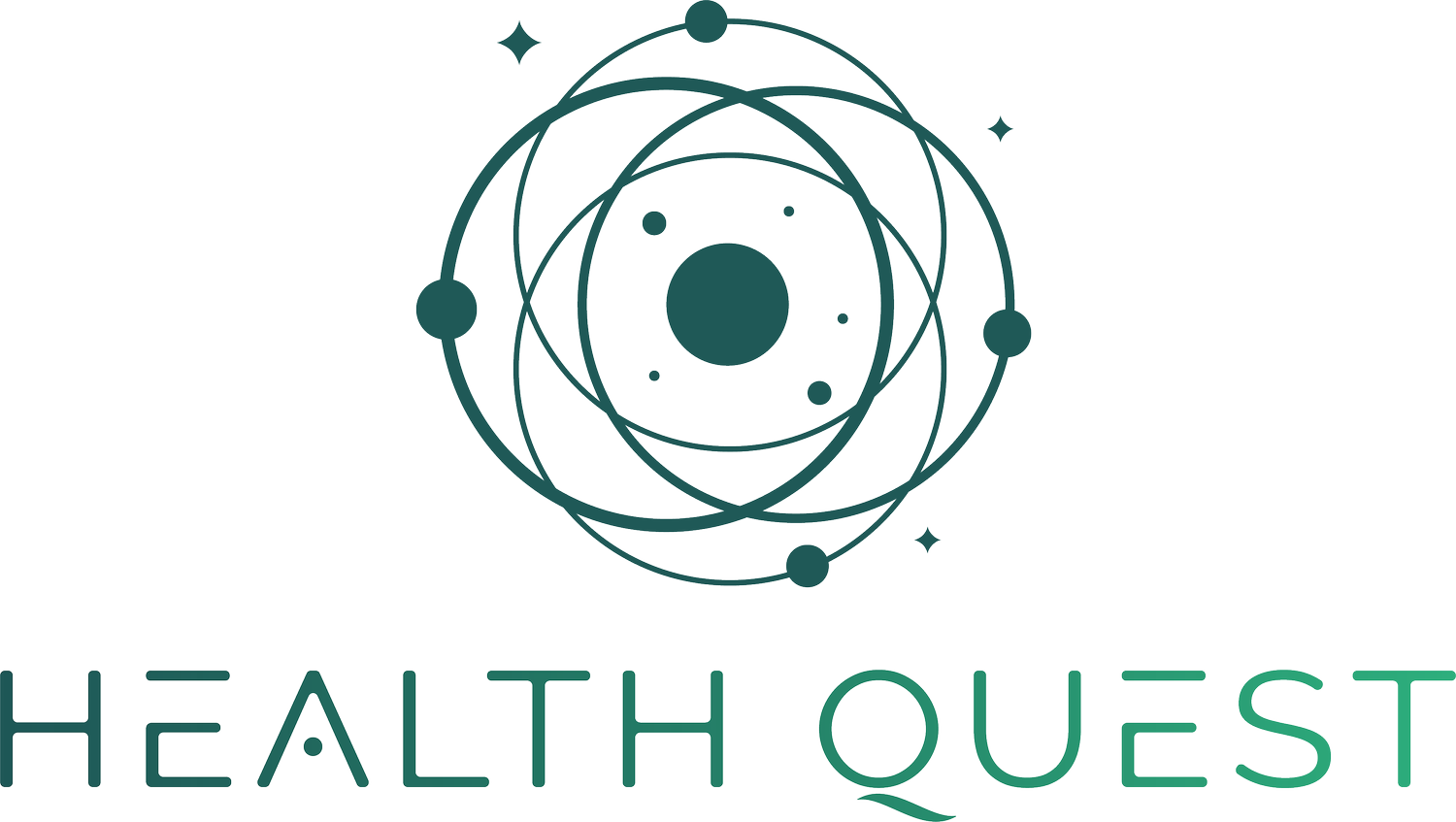Dungeons and Dragons (DnD) Therapy at a Glance.
At HealthQuest, DnD therapy isn’t just a trend, it’s one one our landmark approaches!
Dungeons and Dragons (D&D) is a tabletop role-playing game that has gained widespread popularity in recent years. In this game, players create characters and embark on adventures in a fantasy world guided by a Game Master. At HealthQuest, and among a rising minority of other mental health professionals like our partners at Geek Therapeutics, D&D is being used as an innovative tool in therapy to help individuals address personal and mental health issues in a fun and engaging way. So at a glance, how is it used therapeutically?
Firstly, the game provides a safe and non-judgmental environment where individuals can explore their emotions, thoughts, and behaviors. It allows players to work through their challenges and develop new coping strategies, as well as improve their communication and problem-solving skills.
D&D can also help with social skills development, as it involves working in a group and collaboration with others. Dr. Kelly has created an evidence-based format and campaign specifically designed for those on the Autism Spectrum based upon his work in social skills groups and “special interest areas” (SIAs). In these types of campaign, players must learn to communicate effectively, negotiate, and compromise to complete quests and overcome obstacles. These skills can be transferred to real-life situations and help individuals build stronger relationships with others.
In addition, D&D can be used to address specific mental health conditions, such as anxiety and depression. Dr. Connell has specialized in this area especially for anxious girls with her “Self Rescuing Princess” groups. In this format, players can take on the role of a character facing similar challenges as themselves and work through their struggles in a controlled and supportive environment. This can help individuals build self-esteem and confidence, as well as gain a better understanding of their emotions and thoughts.
Furthermore, D&D can be used to address addiction and trauma. At HealthQuest, addiction specialist and Dr. Kelly are currently designed an evidence based program for both! Players can create characters that reflect their experiences and work through their addiction or traumatic events in a safe and controlled way. This can help individuals process their experiences and work through any lingering emotional distress.
Overall, D&D can be a valuable tool in therapy, providing a fun and engaging environment for individuals to address personal and mental health issues. Whether it's for social skills development, addressing specific mental health conditions, or processing trauma, D&D can help individuals make progress in their therapeutic journeys, and that’s only the beginning!
To explore an in-depth analysis on the therapeutic benefits of table top games, check our Dr. Megan Connell’s soon-to-be-published book here!


